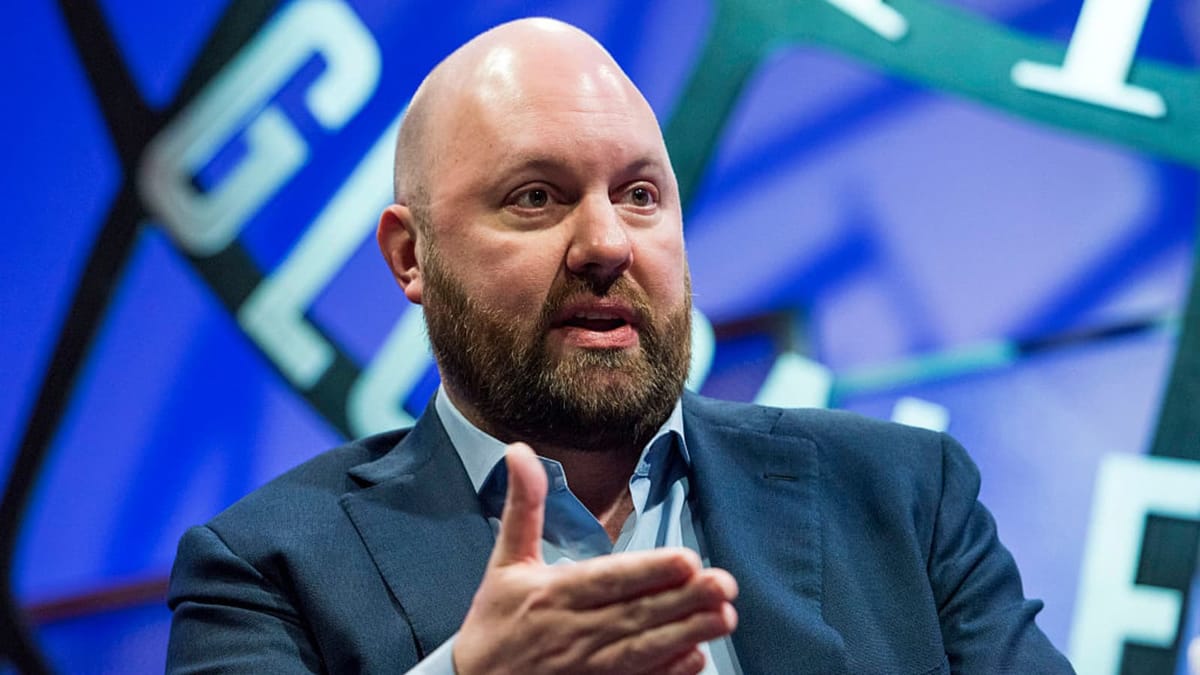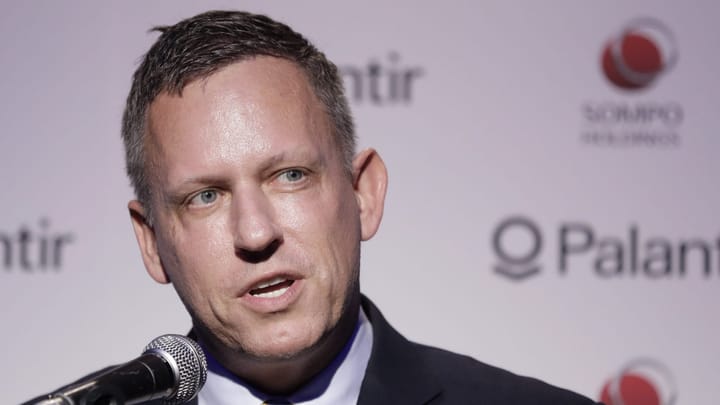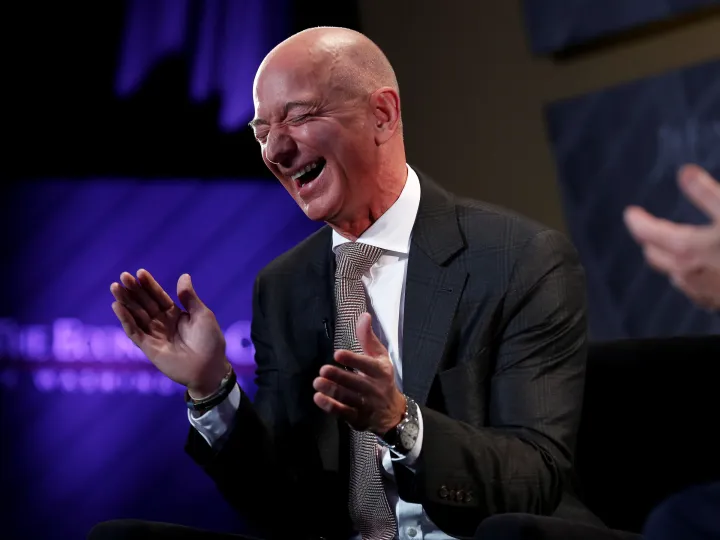Silicon Valley’s ‘Broken Deal’ is a Myth
Marc Andreessen’s “broken deal” narrative rewrites history to frame accountability as betrayal, ignoring that society never agreed to abandon its oversight of technology

In a revealing December interview with Bari Weiss' The Free Press that has recently gone middlingly viral, Marc Andreessen painted a revisionist history of Silicon Valley's relationship with society that bordered on historical fantasy. The billionaire venture capitalist and creator of a web browser that was very, very good 30 years ago laid claim to an unwritten covenant: that tech would deliver innovation and progress while the world would respond with positive press coverage, minimal oversight and the thanks of a grateful nation.
He argued that this " deal " was broken by what he terms "soft authoritarianism" – a wave of criticism and the expectation of a modicum of accountability from the media and regulators.
The reality is that no democratic society ever agreed to surrender its critical oversight of the technology industry. Silicon Valley's rise occurred within, not outside of, the democratic framework. When Congress passed the Telecommunications Act of 1996, when the FTC approved critical tech mergers, and when states enacted privacy regulations - each action affirmed society's right to shape technological development. The fact that early tech coverage skewed positive reflected journalism's initial optimism about digital transformation, not some grand bargain to forfeit scrutiny. If anything, the industry's early years benefited from a remarkable degree of regulatory latitude.
This freedom didn't come from any "deal" - it came from the public's willingness to give new technologies room to develop. That willingness was always conditional on tech's ability to serve the public good. The moment tech companies began affecting elections, mental health, privacy, and market competition, increased scrutiny became inevitable. But surely amassing a personal fortune of billions provides sufficient cushioning against the discomfort of public accountability?
Andreessen's allergy to criticism first emerged during the Free Basics controversy in India, where Facebook's attempt to provide limited Internet access faced significant pushback over net neutrality concerns. When Vikram Chachra called Free Basics a "walled garden" where Facebook would control which apps could be free, Andreessen responded by claiming critics were morally wrong for denying "the world's poorest free partial Internet connectivity." The situation exploded when Chachra pointed out this sounded like justification for Internet colonialism, prompting Andreessen to fire back that "anti-colonialism has been economically catastrophic for the Indian people for decades." Unable to handle the backlash from essentially defending colonialism, Andreessen deleted all his tweets in a petulant rage.
It soon set up a pattern. Whenever faced with substantive criticism, Andreessen's response has been retreat rather than engagement, followed by claims of censorship and persecution. His defense has increasingly drawn on the work of James Burnham, particularly Burnham's justification for elite control and the argument that democracy "is never actually a thing."
This defensive posture perfectly matches Andreessen's political evolution. Once a reliable Democratic donor who supported Clinton and Obama, he's now channeled millions into pro-Trump PACs while decrying what he calls the Democratic party's "seething contempt" for technology. The timing of this transformation correlates precisely with the increased scrutiny of tech's ethics and behavior that has equally offended Mark Zuckerberg, Elon Musk, David Sacks, and the other apostles of Libertarian irresponsibility.
The amplification of their egocentric views through social media creates a self-reinforcing cycle where legitimate criticism is recast as an attack on innovation. Insulated by extreme wealth and surrounded by yes-men, tech leaders like Andreessen have created an environment where even constructive criticism feels like an existential threat.
The more influence tech leaders accumulate, the more they seem to resent basic accountability. But their insistence that criticism equals betrayal makes it nearly impossible to have nuanced discussions about their platforms' impact on the fundamental nature of public discourse, democracy, and power itself. They retreat into simplistic framings where any pushback is a vile ideological opposition to progress—just as Andreessen reduced complex concerns about digital sovereignty into a binary choice between giving people free Internet access or denying them access entirely.
Society never broke its deal with tech leaders – that deal never existed in the first place. But figures like Andreessen seem to have grown incapable of accepting that their power doesn't exempt them from accountability.
The tech industry's achievements are remarkable, but they weren't delivered through some mystical pact with society. They were built on public infrastructure, nurtured by government research, subsidized by taxpayers, paid for by customers, and improved by the feedback mechanisms Andreessen now decries.
Until Silicon Valley's leaders understand this fundamental truth, we'll continue to witness billionaires crying betrayal because society dares to question their power.


